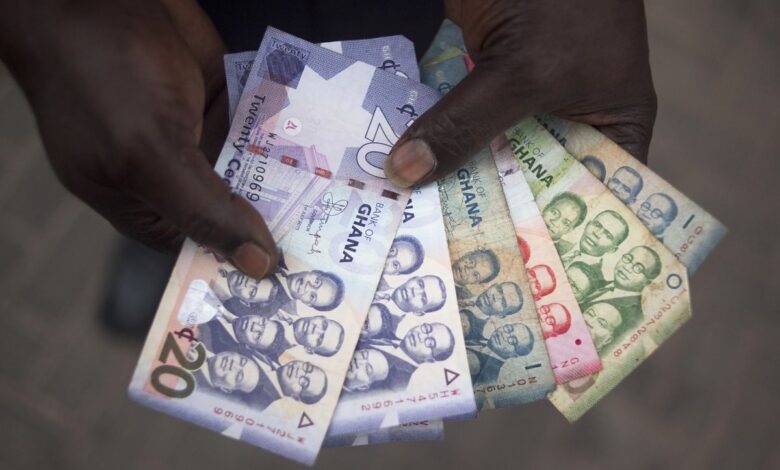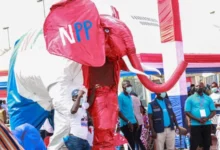
Cedi still Africa’s best-performing currency in 2025 – World Bank
Despite a slight dip in recent weeks, the Ghana cedi remains Africa’s top-performing currency eight months into 2025, according to the World Bank’s latest Africa Pulse Report.
The report reveals that the cedi has gained over 20 percent in value since the start of the year — the strongest performance among African currencies.
The World Bank report credits this remarkable rally to disciplined fiscal management, prudent monetary policy, rising export receipts, and renewed investor confidence following Ghana’s successful debt restructuring.
The Zambian kwacha followed as the second-best performer, appreciating by 16 percent, buoyed by ongoing debt resolution efforts, lower oil import costs, and an improved supply of U.S. dollars.
Currencies in Kenya, Tanzania, and Uganda also posted moderate gains, supported by stronger export growth and recovering capital inflows.
Some analysts say the cedi’s rebound is particularly impressive given its steep losses last year. The pace of its recovery underscores the effectiveness of Ghana’s economic reforms and improved external conditions.
The World Bank attributes the broader strengthening of African currencies in 2025 to a weaker U.S. dollar, higher commodity prices, and easier global financial conditions, all of which have helped ease inflationary pressures and stabilize markets across the continent.
However, the cedi has faced slight depreciation pressure in recent weeks, as businesses increase imports ahead of the festive season and election-related spending expectations rise.
In response, the Bank of Ghana has announced plans to inject about $1.15 billion into the foreign exchange market to ease demand pressures and keep the cedi stable.
Market watchers, however, warn that sustaining the currency’s gains will depend on Ghana’s continued commitment to fiscal discipline, export diversification, and structural reforms aimed at consolidating macroeconomic stability.
Source; Citinewsroom







